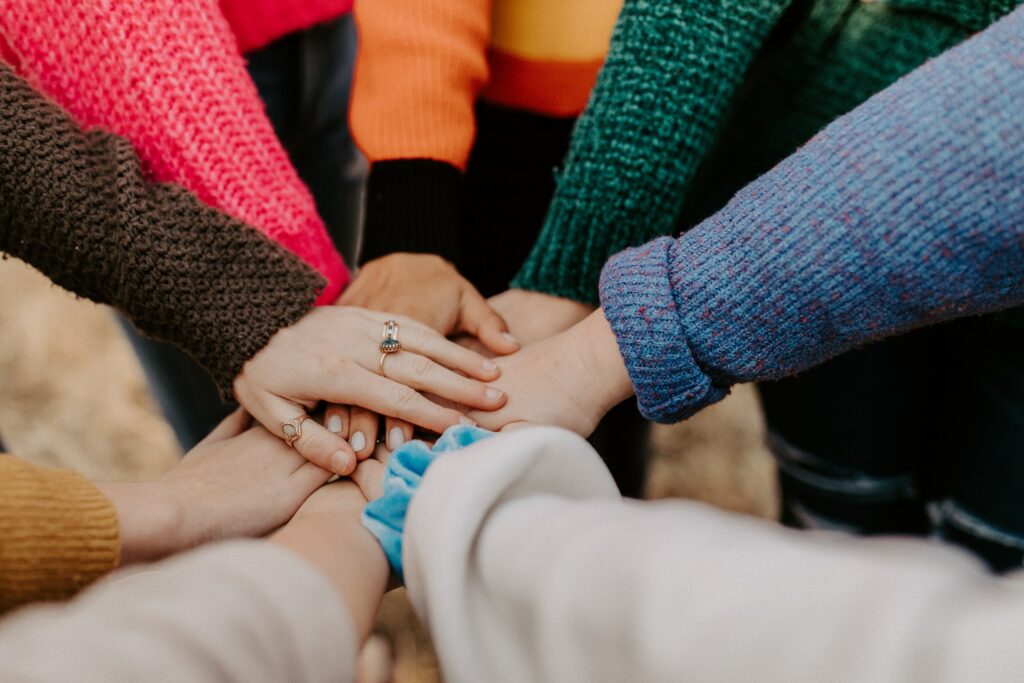
Renewed Connections
I enjoy reading. My taste is quite varied. Over the break, I read Obama’s book “Promised Land”, “Writing my Wrongs” by Shala Senghor, and two of Johann Hari’s books. The second, “Lost Connections” really resonated with me.
Schools across the country are observing a rise in mental illness in young people, particularly anxiety and depression. Our community is not immune from that.
Mental illness is horrible, not just for the person suffering from the condition, but also their loved ones who often feel quite helpless. I know because my own mother and sister suffer from depression horribly.
In “Lost Connections”, Hari shares his story of depression. Not happy with the medical response that he had a chemical imbalance and just needed medication, he went on a journey to understand what the cause was, and what he could do about it.
His research, which took him to all four corners of the globe, revealed nine causes for depression and anxiety. These causes he framed as disconnections; disconnections from meaningful work, other people, meaningful values, childhood trauma, status and respect, the natural world, a hopeful or secure future, the role of genes, and changes in the brain.
He posits that the rise in mental health issues has largely occurred at the same time as our culture has become more materialistic and individualistic. Rather than something being wrong with the person, he suggests that there is something wrong with our culture.
Humans were designed to live in a community, and yet, over the last few decades we have effectively deconstructed community and built walls around ourselves. Fewer people belong to a church, Rotary Club, scouts, sporting clubs, RSLs, etc. While we may be incredibly connected in the digital world, we are less and less so personally. We are losing connections.
We felt the effects of this during last year’s lockdown. Locked away from our usual face-to-face connections, our ‘real’ communities, we realised just how much we valued being with others. We crave connections.
Hari put what we knew quite powerfully. St Paul’s School is not just concerned with the academic development of a young person, but their whole being. This is why our Ways of Being is a key facet of what we do at this School. Education is also about a young person’s social and emotional development.
One of our core values is community. We recognise that when a person is connected and valued by a community, we create the conditions for them to thrive.
We create community in many ways, not the least being our vertical tutoring system. Each morning, students from Years 7 to 12 gather in small groups with two adults for 20 minutes. These ‘tribes’ stay together throughout their remaining years of schooling. These small tribes belong to a bigger group, a House, and the five Houses, which span Pre-Prep to Year 12 belong to the whole St Paul’s School.
One of the best ways of inoculating people from mental health is to reform connections; connections with community, with the outdoors, with values that look outwards rather than inwards. These connections help create hope for a secure future. It is great to have everyone back on campus for the new term so we can reconnect.
 Dr Paul Browning
Dr Paul Browning
Headmaster
Photo by Hannah Busing on Unsplash
